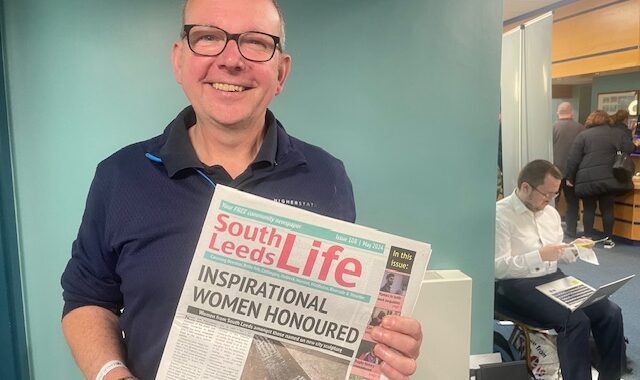When I was studying Journalism at London’s Brunel University I became very interested in hyperlocal news, both as an online phenomenon and as a potential solution to the difficulties facing the local media in the digital world.
 My hometown is Gosport – a south coast town just across the harbour from Portsmouth. As such, the content of the local newspaper is dominated by the city, and the sports section by its football team.
My hometown is Gosport – a south coast town just across the harbour from Portsmouth. As such, the content of the local newspaper is dominated by the city, and the sports section by its football team.
In online terms, I also felt that the local area was missing out. Although the regional site has undergone a redesign since, at the time it had limited multimedia content, and I thought that the area might benefit from some sort of community board.
I’ve always had an interest in coding and the web in general as well as journalism, so I began toying with the idea of setting up a hyperlocal site. If I could build a small audience, I thought, then I would have a unique opportunity to sell extremely targeted advertising to local businesses.
A cheap hosting package, a WordPress installation, and a long uni night of HTML and CSS later, The Gosport Times was born. The site consisted of news, features, and sport sections, along with a community message board to advertise events for free.
To begin with, there was very little content on the site, since I was based in London. I did, however, scour community websites, managing to pick up quite a few stories that the regional media had missed.
A reading week in November 2012 gave me a chance to run The Gosport Times as a full-time project for a week. This meant that I could expand into original content sourced from Twitter, Facebook, and local press releases.
There were a few major stories during this week. The first of these was a more traditional story on a town meeting about how to give the declining town centre a boost, where local residents and traders accused the council of viewing things through ‘rose-coloured glasses’.
That also happened to be the week of the PCC elections. Although this wasn’t ‘original journalism’, by monitoring the mainstream news outlets I could attract a steady flow of traffic by offering local-specific updates on the site and through Twitter.
Overall, the trial week was a success. The Gosport Times saw over 900 unique visitors, which – while not even equivalent to even an average day’s traffic at the sites I now manage – was a start, and showed a fair amount of interest in the project.
My interest in hyperlocal journalism continued (my dissertation was on the merits of hyperlocal and regional news websites) and in 2013, towards the end of my course, without much luck on a difficult job market, I began to make plans for a proper launch.
It would have been a difficult task: living and running the site requires money, money requires advertisers, and advertisers require an audience. The whole business would depend on establishing a readership, and my previous £15 cheque from Google AdSense wouldn’t be enough if I was running The Gosport Times full time.
That said, I’d already had some positive feedback from local residents, I had designed flyers and posters to raise awareness on launch, and I even had plans to expand to an Evening Standard-style free print edition if things took off. Things would never have been easy, but who knows – The Gosport Times could have been coming along nicely by now.
As things went, however, one day I received an email from a company I had interned with at the start of the year, inviting me in for a chat about a position that had opened up. Faced with the prospect of more security and the opportunity to stay in London, I took it.
Hyperlocal journalism is still of interest to me and I still use the skills I learnt running The Gosport Times every day in my current job. Sites like The Lincolnite show that hyperlocal can work, and the results of my dissertation research were very promising.
Things may not have worked out for The Gosport Times, but I’d certainly consider becoming involved in a similar (but perhaps more stable) project in future. Whatever happens, though, it seems certain that the industry is far from seeing the end of hyperlocal news.
Matt Smith is Web Editor at Lyonsdown, which publishes the Business Reporter and Business Technology supplements distributed with The Sunday Telegraph. He tweets at @MattCASmith and blogs at mattcasmith.net.
Image accompanying this article is copyright Barry Skeates.




